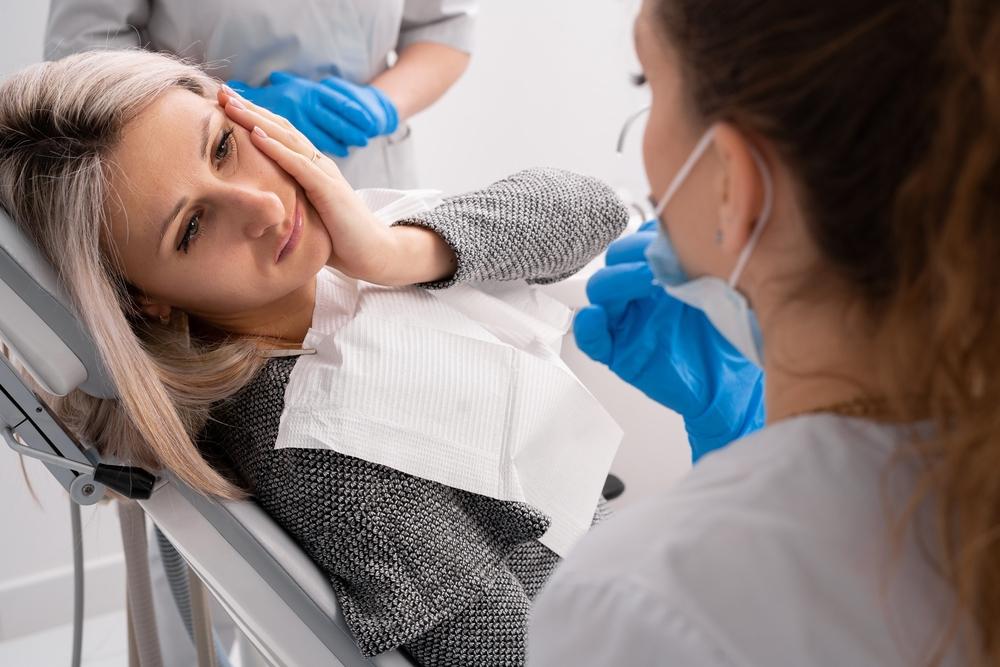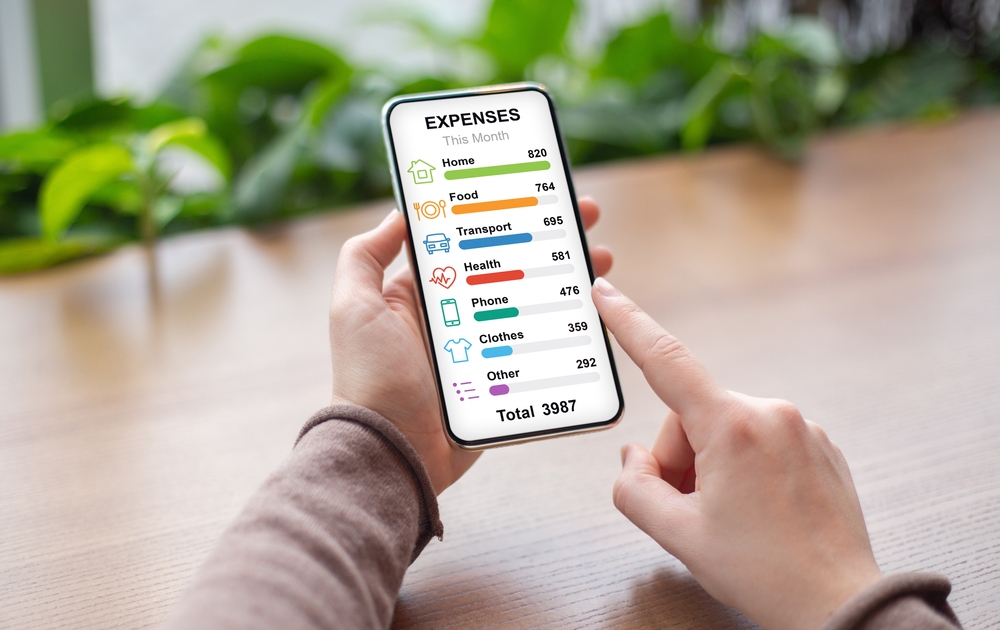Find Plasma Donation Clinics Near You
Donating plasma is a safe and rewarding way to help those in need. Click the link below to learn more.
Plasma, the liquid portion of your blood, plays a vital role in various bodily functions. Donating plasma offers a unique opportunity to support the health of others. This guide explores the donation process, its benefits, how it helps others, and how you can get involved.
How Does Plasma Donation Work?
Plasma donation is a relatively simple procedure. Here's a basic overview:
- Initial Screening: A health check is performed to ensure you meet the eligibility criteria.
- Plasma Collection: Blood is drawn from your arm, and a machine separates the plasma from your red blood cells and platelets. These components are then returned to your body with a saline solution.
- Recovery: After the donation, you'll have time to relax and ensure you feel well.
The entire process typically takes around 1-2 hours.
Benefits of Donating Plasma
Donating plasma is a generous act with several benefits:
- Helping Those in Need: Your donated plasma is used to create life-saving medications for individuals with immune deficiencies, chronic diseases, and other medical conditions.
- Potential Compensation: Plasma donation centers often offer compensation for your time and contribution.
- Sense of Satisfaction: Knowing your donation can significantly impact someone's life is a truly rewarding experience.
The Impact of Plasma Donation
Donated plasma is a critical component in producing various medications. Here are some examples of how it helps:
- Immunoglobulins: These proteins fight infections in people with weakened immune systems.
- Coagulation Factors: Plasma helps those with bleeding disorders by containing proteins essential for blood clotting.
- Albumin: This protein helps regulate fluids in the body and is used to treat various conditions, including burns and liver disease.
By donating plasma, you directly contribute to the production of these life-saving treatments.
Preparing for Your Plasma Donation Appointment
To ensure a smooth donation experience, here are some preparation tips:
- Stay Hydrated: Drink plenty of water in the days leading up to your donation.
- Eat a Healthy Meal: Have a balanced meal before your appointment to maintain your blood sugar levels.
- Bring Identification: A valid ID is required for verification purposes.
- Wear Comfortable Clothing: Looser sleeves on your donation arm will make the process easier.
How Often Can You Donate Plasma?
Healthy individuals can typically donate plasma twice a week with a minimum waiting period between donations. However, it's crucial to follow the specific guidelines set by the plasma donation center you choose.
Compensation for Plasma Donation
Plasma donation centers often offer compensation to acknowledge your time and contribution. The amount may vary depending on factors like location and donation frequency.
It's important to note that while compensation is offered, plasma donation should primarily be motivated by the desire to help others.
Finding Plasma Donation Centers Near You
Several reputable plasma donation centers operate across the country. Here are a few examples (availability may vary):
- CSL Plasma
- Octapharma Plasma
- BioLife Plasma Services
A quick online search for "plasma donation centers near me" will provide a list of options in your area.
Special Offers and Promotions:
Specific promotions can change frequently. It's best to contact your chosen plasma donation center directly to inquire about any current offers or new donor incentives they may have.
Donating plasma is a safe and impactful way to make a positive difference in the lives of others. By understanding the process, benefits, and preparation steps, you can confidently embark on this rewarding experience.










